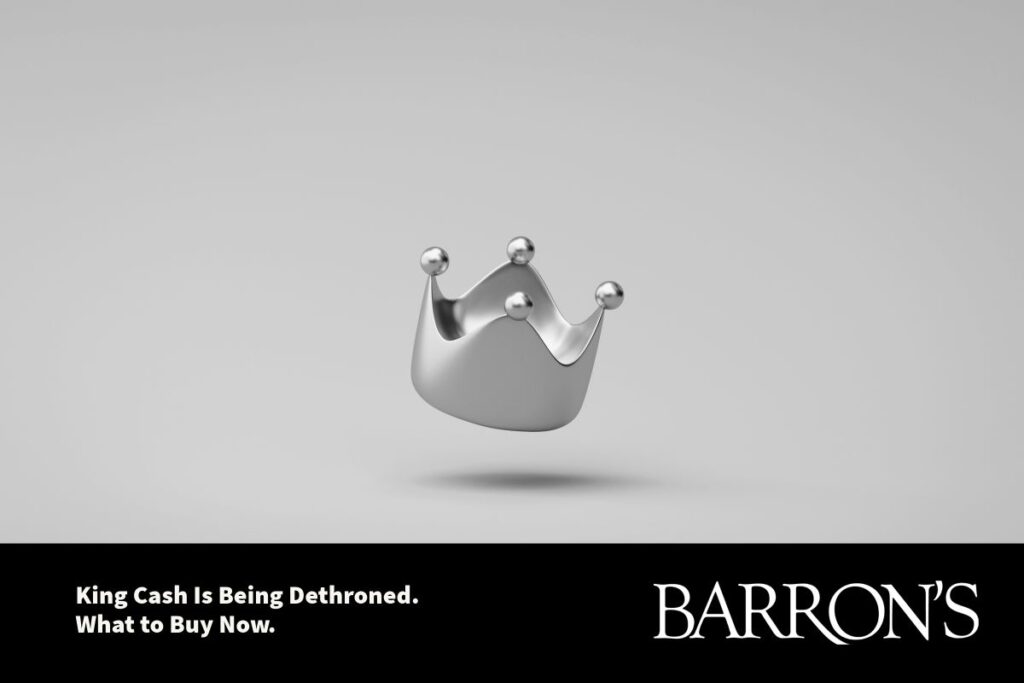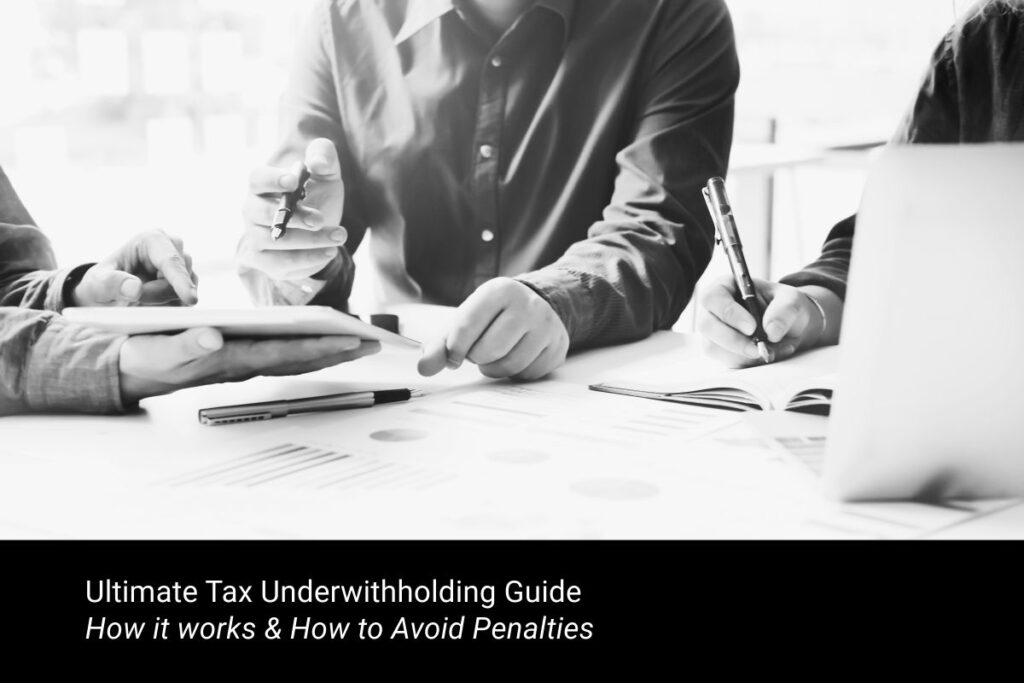Perhaps you have heard of options before. If you have, what comes to mind? For many, options can mean “risky”. While options certainly can be used for pure speculation, they can be used as a means to mitigate risk, generate income, and diversify your portfolio. Although interest in options trading has increased significantly over the years as it become more and more accessible to retail investors, ultra-high net worth and institutional clients have been utilizing options in their portfolios for decades.
So, what is an option? An option’s contract is a financial vehicle, the value of which is derived from an underlying stock or ETF. There are two basic options contract types, a Call and a Put. A Put gives the buyer a contractual right to sell a stock or ETF at a predetermined price. A call gives the buyer of the contract the right to buy a stock or ETF at a predetermined price.
Just like with any other contract, there are always two parties involved (in options land, one party is called the “buyer” and the other the “seller” or “writer”). One way to view options is to think of them like an insurance contract. With an insurance contract, there is always a buyer (someone needing the insurance who is willing to pay for it). On the other side, there is always a seller (someone willing to sell or write the policy if they are paid).
Now let’s apply this to the world of options:
Put Example
The Buyer
- Let’s say Suzy owns a stock that she really likes. She owns 1,000 shares and let’s say that stock is worth $100 a share for a total valuation of $100,000.
- Suzy has owned this stock for a long time and wants to make sure she exits with a profit. If the stock were to fall in price, she wants to be ensured someone will buy it from her for no less than $80 a share.
- Suzy decides that she will buy some insurance, so she buys 10 put contracts on her stock. In options world, one contract will cover 100 shares. The cost of the contract is $1 a share or $100 per contract. Because she bought 10 contracts, she spends a total of $1,000 to ensure that her 1,000 shares are fully insured or covered. Options have varying expiration periods. Think of it like a particular insurance contract being good for only a certain period. In this example, these contracts are only good for six months.
The Seller
- In order for Suzy to buy the put contract, someone had to sell it to her. But, unlike your Geico agent, this person is unknown. Just like when you sell or buy a stock, you don’t know who the person on the other side of the order is.
- Think of the seller as the insurance underwriter. Now, the price of the contract can change depending on supply and demand, stock market volatility, and more. In this case, the price was $100 a contract.
- When Suzy bought the contracts, the cash she paid went to the seller of the contract.
The Result
- Remember, these contracts are only good for six months. Let’s say between now and the end of the six months, Suzy’s stock never goes below $80 a share. If that happens, Suzy keeps her stock, and the seller of the contract just made $1,000 in income.
- If between now and the end of the six-month period, Suzy’s stock falls below $80 a share, Suzy can effectively enforce her Put contract. She can make the entity that sold or “wrote” this contract to her buy shares at $80, even if the stock is trading far below $80. This is thanks to the “insurance” she purchased.
- If the stock were to fall far below $80 a share, Suzy could also sell her insurance. Perhaps at that time, instead of the contracts being worth $100 a contract, they are now worth $200 a contract. She could decide to wait, ride out the downturn and instead sell the Put for more than she paid for it.

In an era of substantial economic uncertainty regarding inflation, geopolitical issues, and an increasingly hawkish Fed, more and more investors are feeling uneasy about the markets.
Call Example
The Buyer
- Let’s say Mike is interested in a particular stock. Let’s say that stock is currently trading at $50 a share. Mike believes this stock is going to keep going up so he wants to ensure he can purchase it at a reasonable price. Mike believes that price is $55 a share.
- Mike decides to buy a single Call option at $55 a share that won’t expire for another three months.
- The options contract cost him $100 to purchase, or $1 a share. Remember, one contract equals the equivalent of 100 shares.
The Seller
- Just like with our Put example, there is an unknown entity that wrote or sold this Call contract to Mike.
- We can assume that this entity owns the stock and is willing to part ways with it and sell to Mike if the stock goes above $55 a share.
- The entity that sold this contract to Mike takes in $100 in income.
The Result
- Over the next three months, if this stock goes above $55 a share, Mike has the contractual right to buy it at $55 a share, no matter the price. This is if it is above $55 a share.
- The entity on the other side of this contract, the one who owns this stock, would have to sell it to Mike at this price. Even though they own the stock, and it is trading at $70, their upside is capped at $55 a share, which is a trade-off for the entity writing/selling the call option to Mike.
- Mike could also choose to not exercise his right to buy the stock and also sell the call option that he owns that is “in the money”. With the stock trading at $70 and the options contract having a strike price of $55, perhaps Mike sells the contract for $300 and makes a $200 profit.
- On the flip side, if between now and the next three months let’s say the stock stays flat at $50 a share, maybe it goes up slightly or even down, but it never goes past $55.
- If this happens, Mike cannot exercise his right to buy the stock, which means Mike is out $100. The entity on the other side of the contract made $100 without ever having to sell the stock to Mike.
Are Options Right for You?
The list of ways to utilize options strategically in portfolios is endless. Options can be a powerful tool when used responsibly. If you are looking for a way to diversify outside of just traditional stocks and bonds and incorporate alternative strategies within your financial plan, feel free to set up some time to chat with us.











